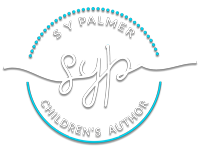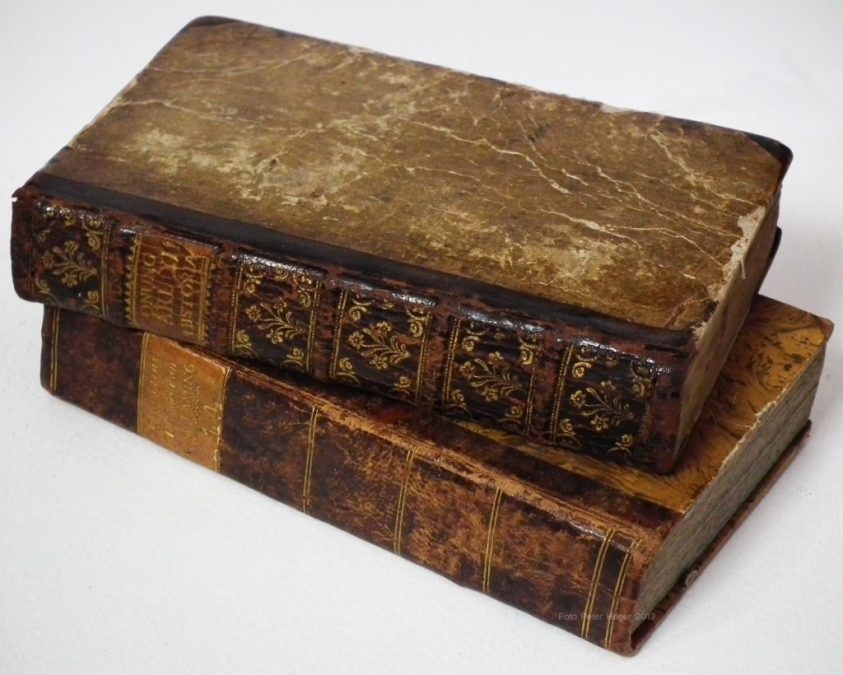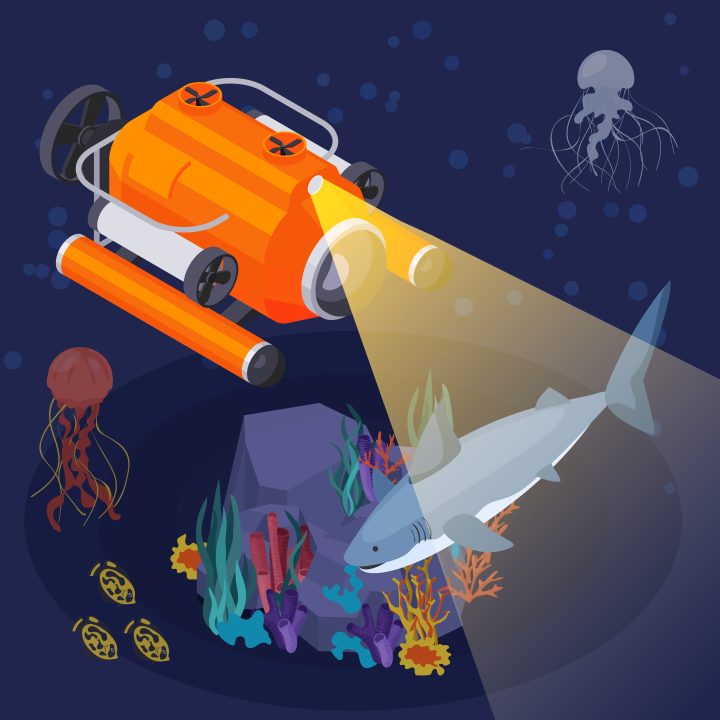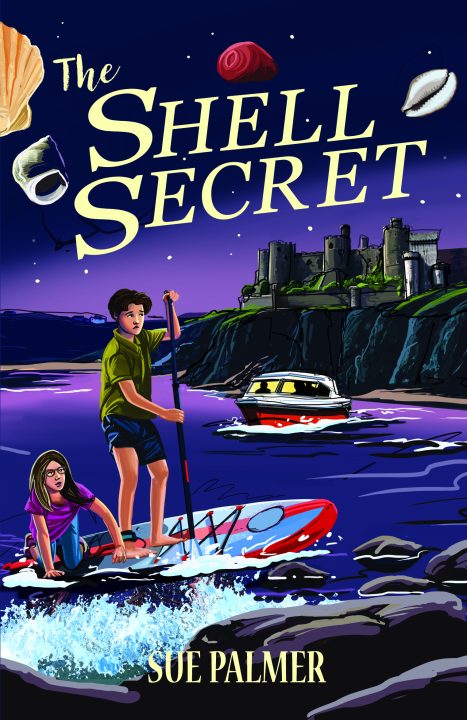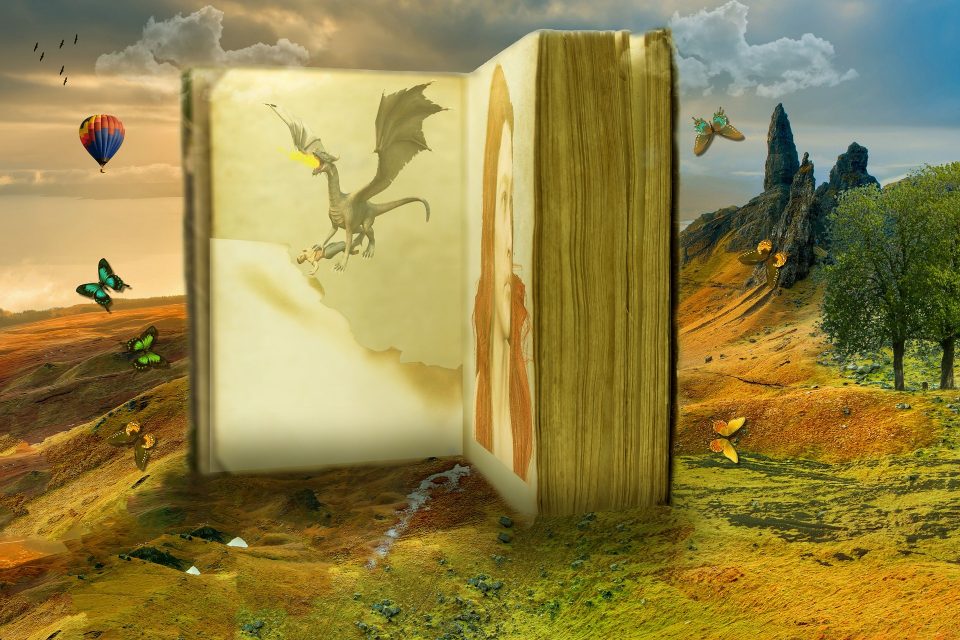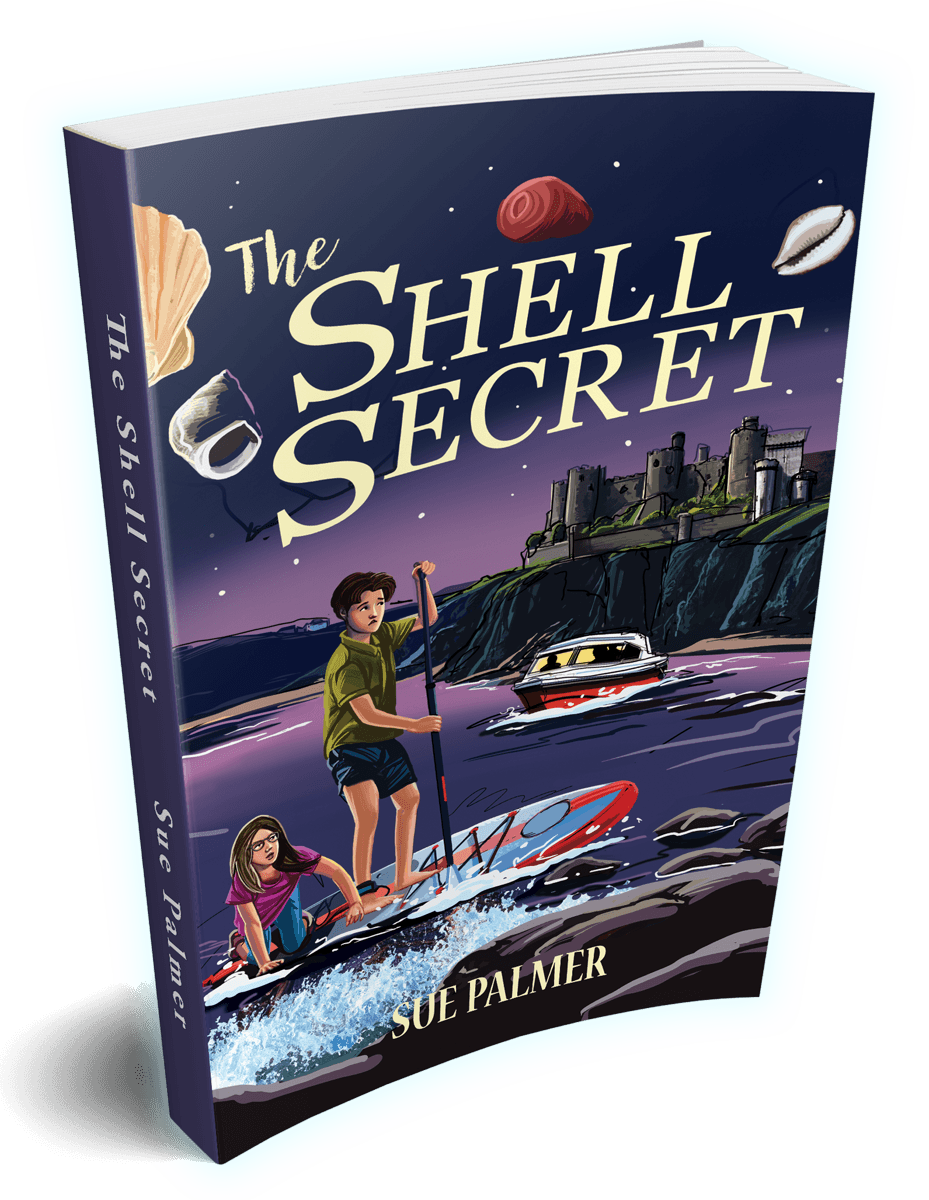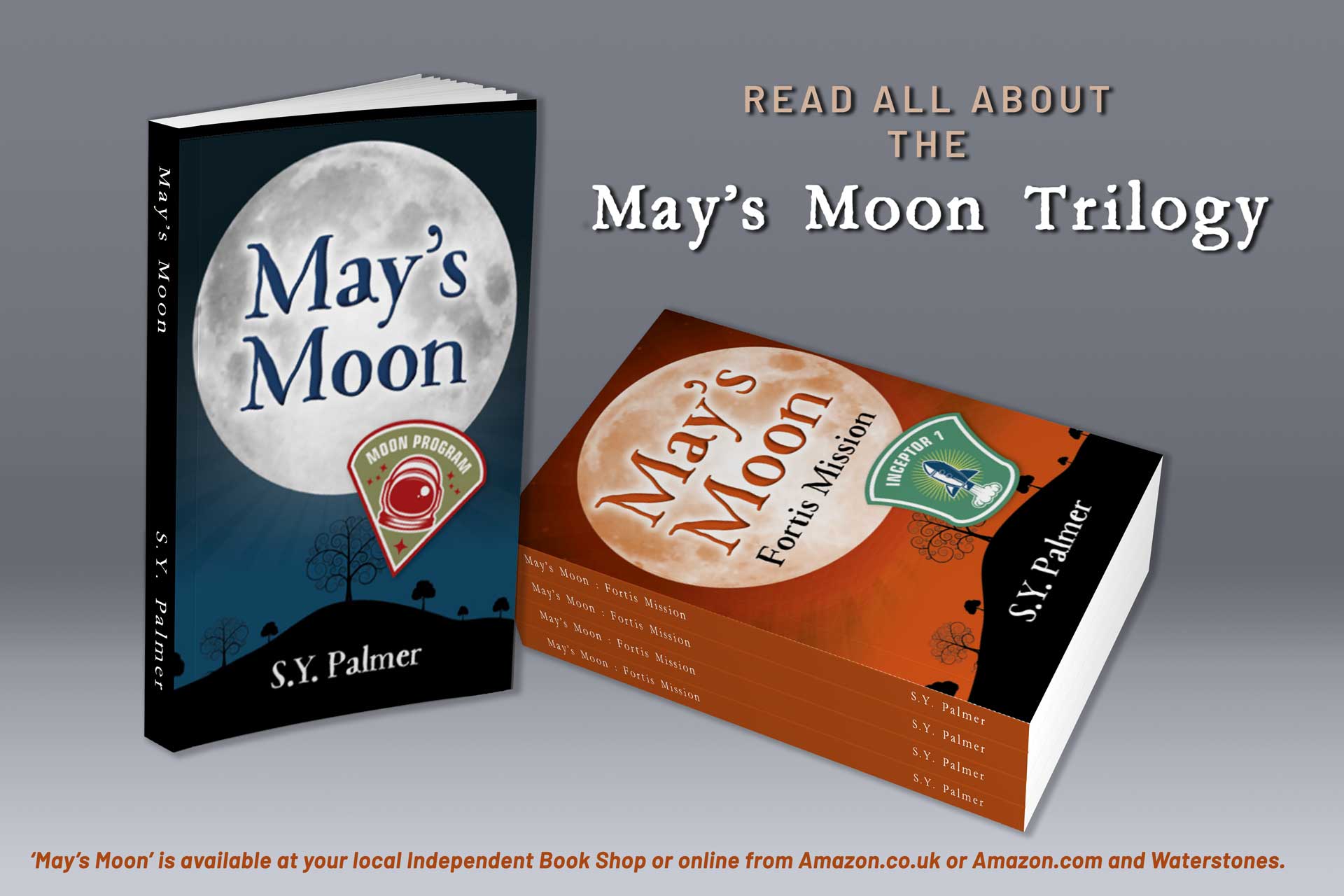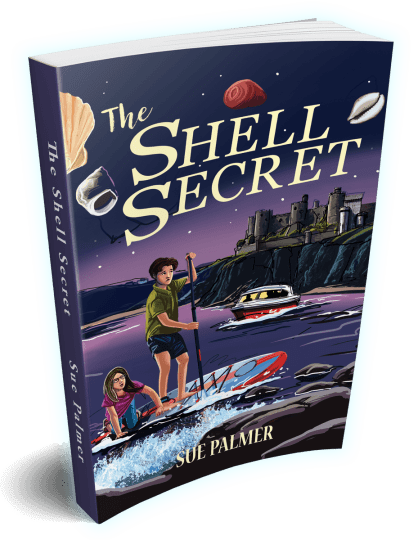My first attempt at a children’s novel was an unmitigated disaster and one I shared with about thirty literary agents and publishers! I admit that there were perhaps one or two holes in my plot, characterisation, setting, pace, structure, climaxes, dialogue and probably much more. I just hope they won’t remember my name when I send them my next manuscript! What I learned from that experience was that it’s all very well putting pen to paper or fingers to a keyboard to get your story down but, if you’ve never written a novel before nor had the guidance notes from a creative writing course or something similar, it’s almost impossible to end up with something half decent. I know there are some authors who say they just write and write without a plan or structure but, of the really successful ones, there are very few. If you look at author websites or blogs there are always a list of dos’ and don’ts, most of which have common themes. You have to find what works for you.
If you try to read everything about how to write, you’ll spend your writing life reading. Here are the 6 Top Reads that changed the way I write:
- Writing Magazine (https://www.writers-online.co.uk/) After reading back copies of this magazine given to me by a friend, I started to pick out themes, areas to work on and an idea of what I was trying to do with my stories. Each edition features a well know author sharing their views on writing and every few copies, there will be a feature or article on your genre of writing, which is particularly helpful. Almost every subject is covered, from working out what kind of writer you are, to tips on structure, plotting, characterisation, creating tension, query letters to agents and publishers, social media and much more. There are competitions, a members’ news section and always adverts from new publishers actively inviting submissions from new authors. This is a gentle introduction to writing and everything associated with it and I look forward to my monthly copy.
- Becoming a Writer by Dorothea Brande. Although over eighty years old, this book is still brilliantly current. Dorothea Brande has a no nonsense look at how we write and how to find a ‘writer’s magic’. She believes that writing can be learned and part of this learning is finding the right time to write and being absolutely disciplined. She gives exercises to get you in the right mindset, shows you how to harness the unconscious and how to be your own effective critic. A must read.
- On Writing by Stephen King (http://stephenking.com/) This is part biography and part practical guide to writing and is compelling reading. Stephen King weaves his development as a writer with his own dos and don’ts for good writing. He shares stories of his childhood and his struggle up to getting his first novel published, before moving on to talk about the ‘tools of writing’. This includes advice on plot, character development, working habits and rejection. He writes about his hatred of adverbs and the passive voice, encouraging writers to be brave, to cut useless words, to get their grammar right and to ‘show’ and not ‘tell’. An inspiring book.
- Write a Blockbuster and get it published by Helen Corner and Lee Weatherley. Having used the Cornerstones Literary Agency (http://cornerstones.co.uk/) to help improve one of my manuscripts, I also read the ‘Teach Yourself’ book co-written by Helen Bryant (nee Corner) and Lee Weatherley. This became a kind of writing bible for me as there was so much in it that made sense. Starting a story with a tense inciting moment, following a three act structure with highs and lows of action, a clear climax and a rug-pulling moment are things I have at the forefront of my mind when planning and writing. Showing not telling is key, as is the building of characterisation before you start to write. This book is always at hand.
- Writing for children by Allan Frewin Jones and Lesley Pollinger. This is another ‘Teach Yourself’ book which is for beginners, but raises some interesting questions about why write for children, how to suit language to children and how to get your writing in the best shape to go to agents and publishers.
- Read! If you want to write well, you have to read well. I tend to read a children’s book, followed by an adult book. That way, I can keep up with trends in children’s writing and pick up some great ideas on how to improve my own writing. I have recently read ‘Skellig’ by David Almond, ‘Reckless’ by Cornelia Funke and ‘Northern Lights’ by Philip Pullman.
